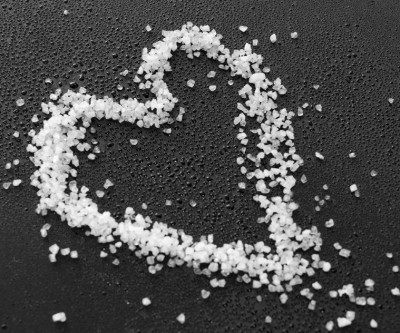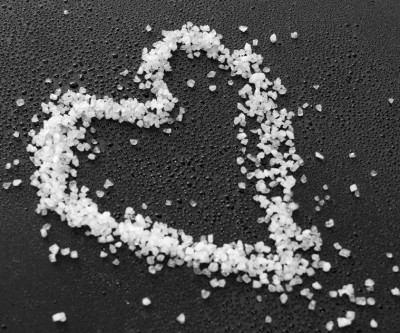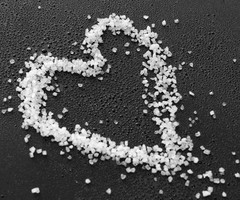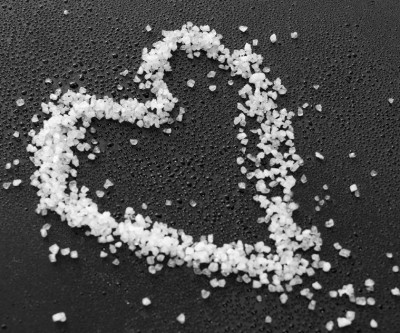Salt intake linked to blood vessel damage and high blood pressure
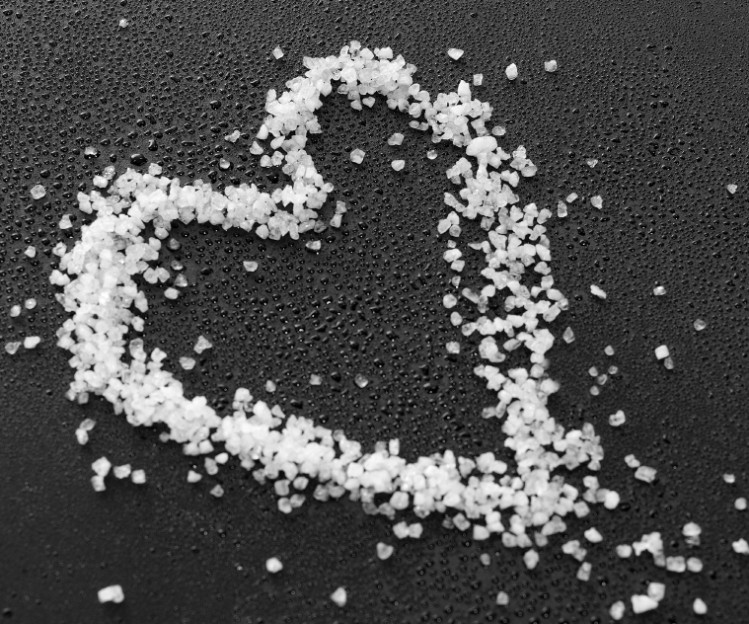
Consumption of a diet high in salt for several years may lead to damaged blood vessels (endothelial dysfunction) which in turn could increase the risk of developing high blood pressure and cardiovascular disease, warn researchers writing in Circulation.
The study also hints at the presence of a "sodium amplification loop" in which eating too much salt for a long time damages blood vessels, leading to a greater chance of developing high blood pressure (hypertension).
The study, which tracked the sodium intake of 5,556 men and women from the general population of Groningen, Netherlands, revealed high sodium intake was associated with increases in biomarkers of endothelial dysfunction – specifically serum uric acid (SUA) and urine albumin excretion (UAE).
Dr John Forman, of Brigham and Women's Hospital and Harvard Medical School, USA – who led the research – said the results "add to the considerable evidence that a diet heavy on salt is closely linked to high blood pressure”.
Professor Graham MacGregor, chairman of World Action On Salt and Health (WASH), told FoodNavigator that the study adds to a lot of other research to show the effects of salt intake on blood pressure. He claimed research into how salt increases blood pressure is important in terms of the big picture.
Independent effect
“We found that a higher sodium intake was independently associated with larger increases in markers of vascular endothelial dysfunction over time,” reported the researchers.
“In addition, a higher sodium intake is associated with an increased risk of developing hypertension, principally in those individuals who have higher levels of SUA and UAE,” they added.
MacGregor noted that the study backs up and offers a mechanism for previous research in that it suggests salt could have “independent and additive” harmful effects – in addition to raising blood pressure – on the risk of developing cardiovascular disease (CVD).
“If salt causes endothelial dysfunction then this will also act as a risk factor of heart disease,” said MacGregor. “So not only does endothelial damage suggest a mechanism that will cause higher blood pressure, but the endothelial dysfunction itself will increase risk.”
